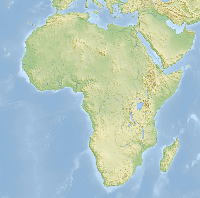Global Climate Change — Great Video
At the rate of a few times a week I’m asked about global climate change, and I provide a brief summary, including the concept:
This is complicated. No one knows exactly how changes in the constitution of our atmosphere will affect global temperatures and weather conditions. I can tell you a couple of things for certain, though: 1) Special interests are working overtime to paint this picture in their favor. 2) The vast majority of climate scientists warn us that this is a very large and serious threat. 3) If there is a problem, as these people almost uniformly tell us, it’s going to be a runaway train, i.e., something that will be much harder to fix later than it would be now. 4) Prudent people buy insurance to protect themselves against devastating events — even if those events are of low probability; they don’t need to be certain they will have a house fire to buy fire insurance. The analogy here is very strong.
As of today, however, I tell them one other thing: Take 12 minutes out of your life and watch the late climatologist and Stanford professor Stephen Schneider’s video on YouTube. I wish there were a way to get everyone on Earth to check this out.




 I was in a four-hour-long meeting this morning, learning about a new approach to energy storage. I can’t talk about the technology (which, frankly, I think is sketchy) but that’s not the point.
I was in a four-hour-long meeting this morning, learning about a new approach to energy storage. I can’t talk about the technology (which, frankly, I think is sketchy) but that’s not the point.


 I hope you’ll be able to join us for our December webinar, in which noted environmentalist and energy expert Bruce Severance will be my guest in a discussion we call: How to Increase the Energy Efficiency of Existing Structures – and WHY.
I hope you’ll be able to join us for our December webinar, in which noted environmentalist and energy expert Bruce Severance will be my guest in a discussion we call: How to Increase the Energy Efficiency of Existing Structures – and WHY.